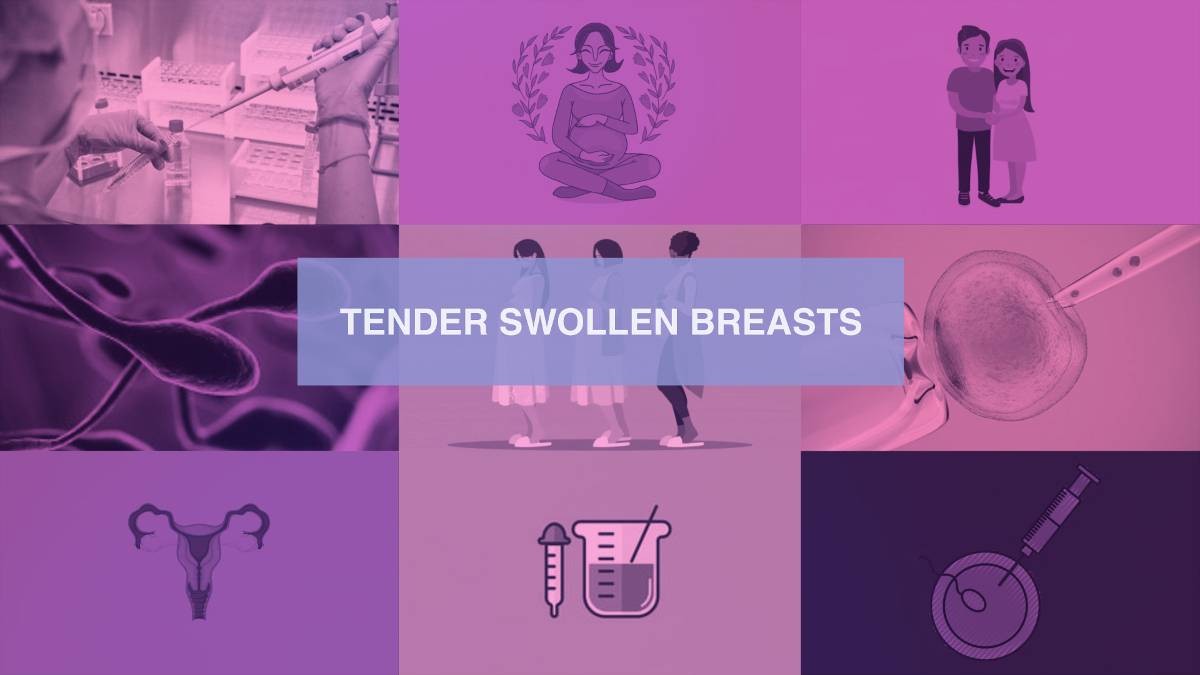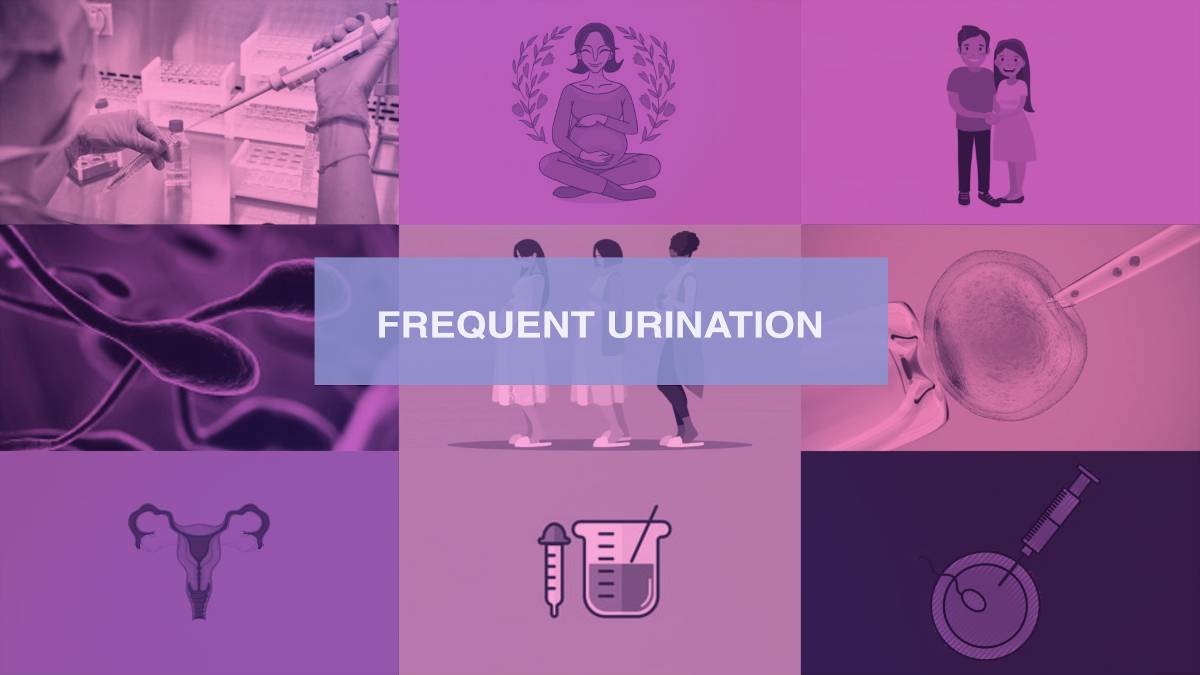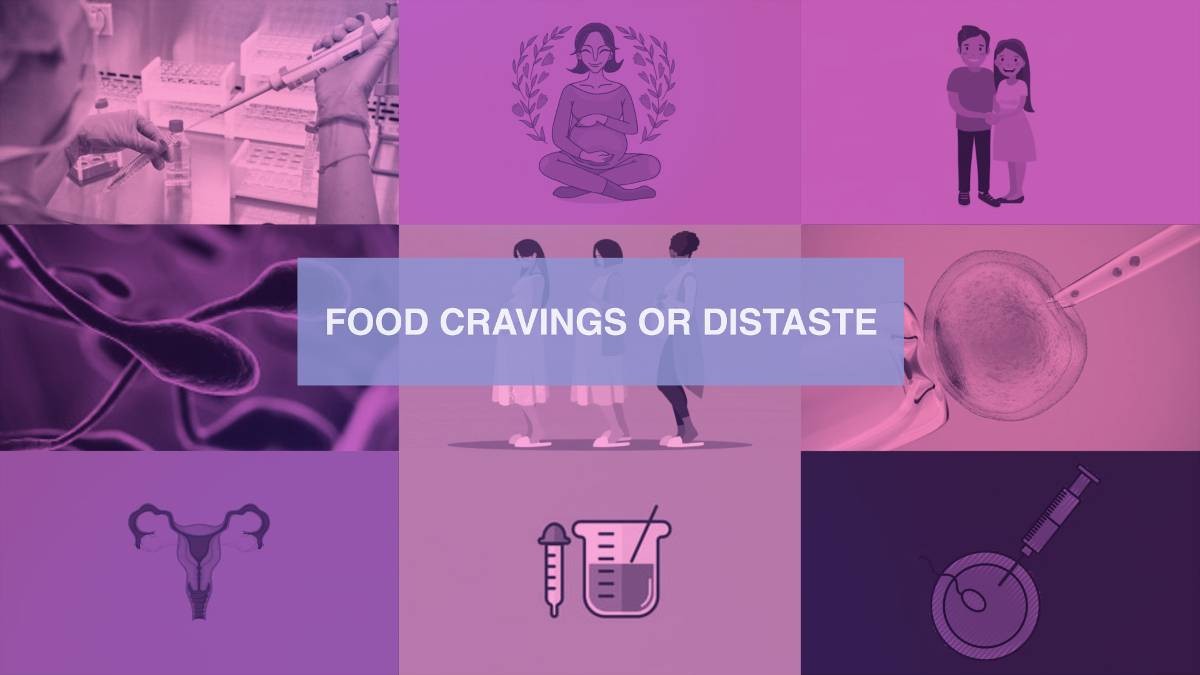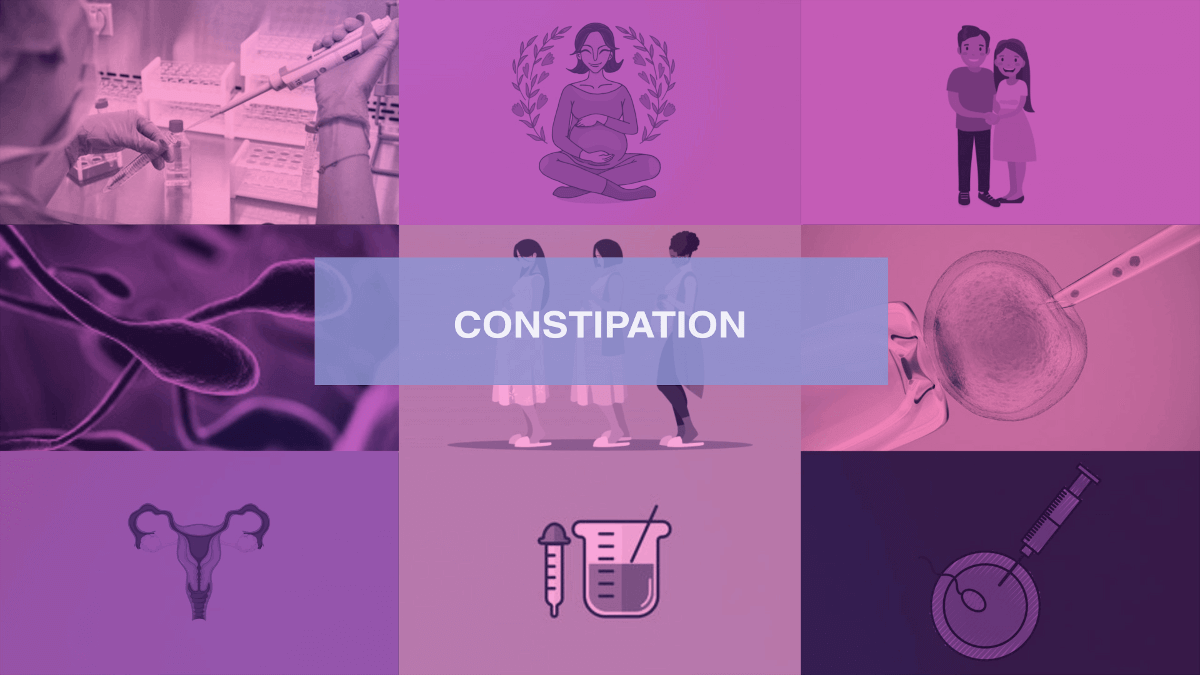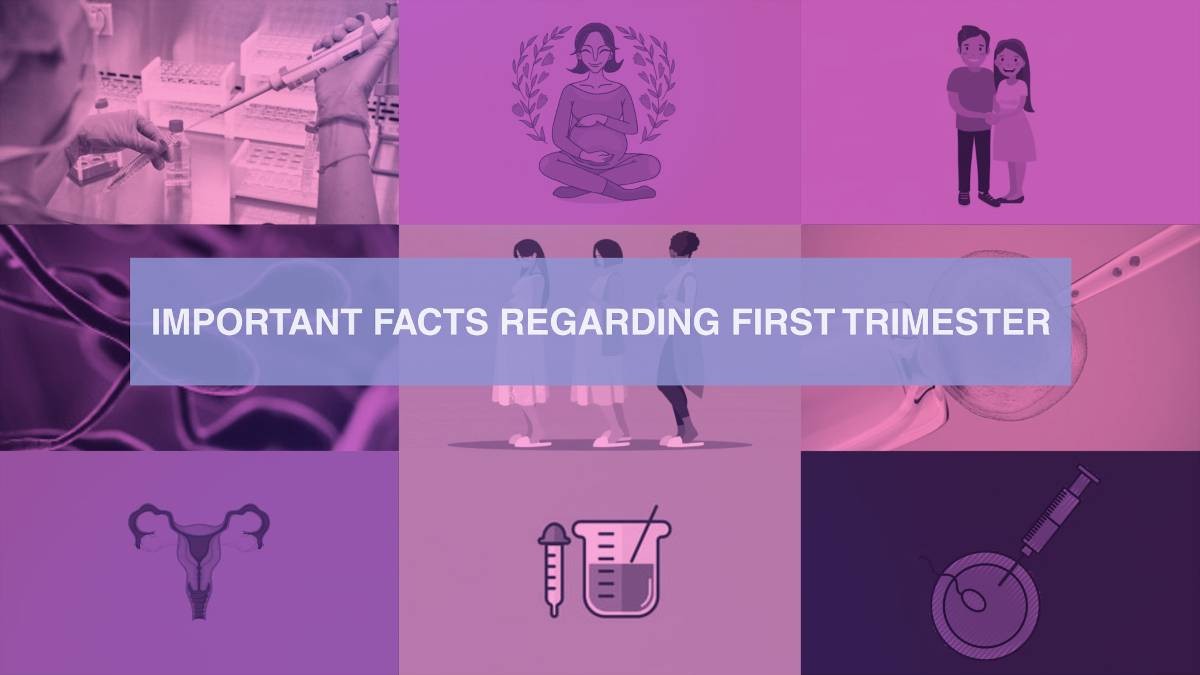An upset stomach is a major discomfort caused by higher-than-average pregnancy hormone levels in the body.

First Trimester
Morning sickness causes discomfort mostly during the first trimester of pregnancy. The pregnancy hormone HCG is the reason for this drastic change in your body. The primary symptom of pregnancy is that there is no menstruation even after the usual 28 to 35 days of your average menstrual cycle. In the sixth week, your nausea will confirm it. The discomfort lasts up to the fourteenth week of pregnancy for most women.
Symptoms of morning sickness
- Nausea may lead to seasickness
- Queasy feeling in the morning
- Intense nausea after eating, it may lead to vomiting
- Aversion to certain food items
More Causes
- The sensitivity of the brain that responds to the pregnancy hormones
- The sensitivity of the stomach, making you carsick or seasick
- Emotional stress triggers gastrointestinal issues
- Mental and physical fatigue triggers morning sickness
- Morning sickness will increase fatigue

Averse to certain food items
The smell of some food items trigger vomiting in some pregnant women. Even some of your most favorite food items can trigger this queasy feeling. Continuous vomiting makes you weak and affects your appetite.
How to handle morning sickness?
- Start eating food early – an empty stomach will trigger nausea after a long night’s sleep.
- Go to bed early – Eat an adequate amount of healthy food in the night and go to bed.
- Eat frequently – Try eating six small meals throughout the day. Don’t allow your stomach to be empty.
- Increase the intake of liquid – juices, water, etc.
- Avoid stress.
- Opt for nutritional supplements.
Conclusion
There is no escape from morning sickness during pregnancy. You can only control it. Consult your doctor if the condition deteriorates beyond nausea and vomiting.
Special thanks to Dr. Pradnya Supe Agarwal (M.S. Obstetrics & Gynecology) for the expert advice.


